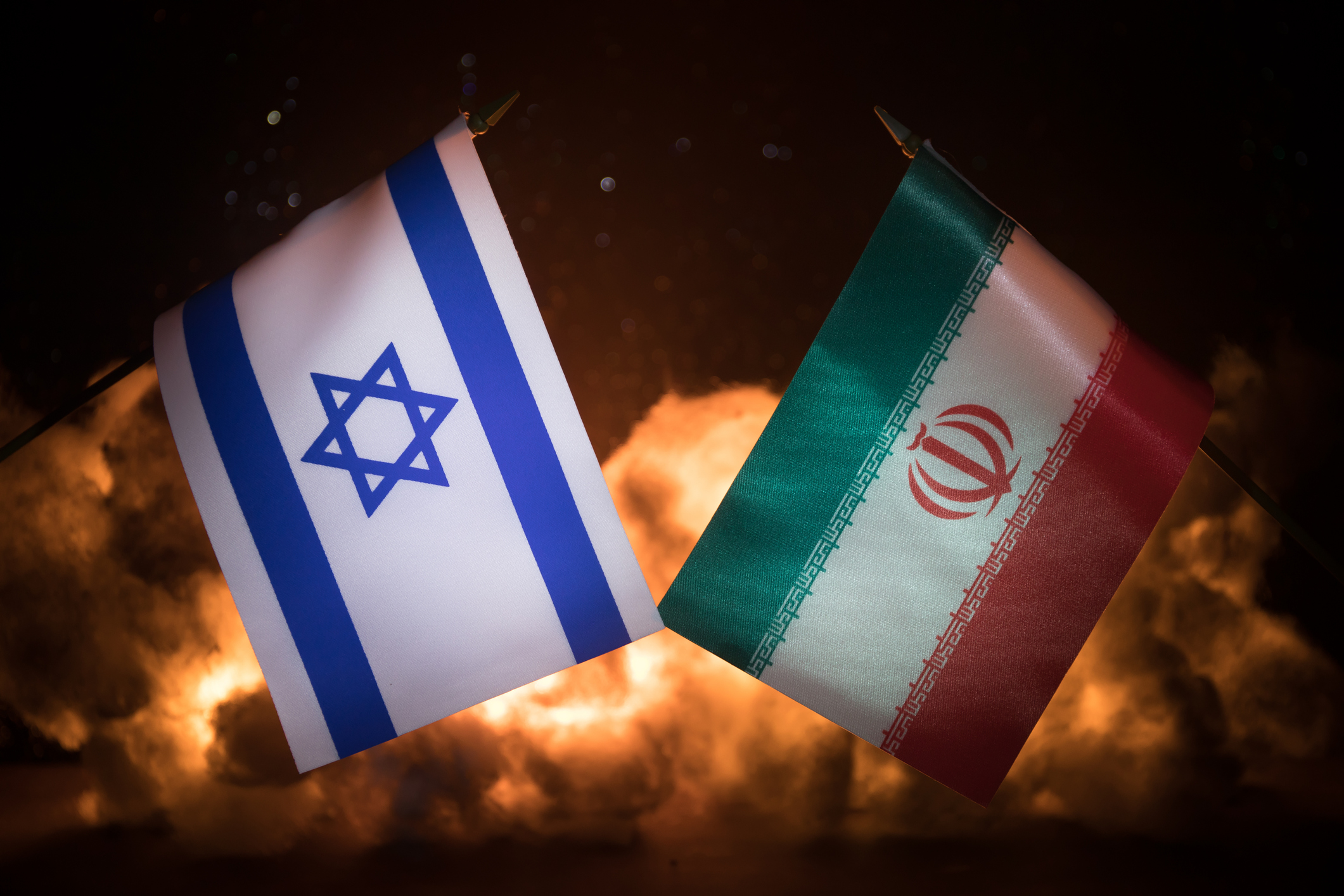
In the volatile theater of Middle Eastern geopolitics, where alliances are fragile and crises escalate in hours, Pakistan has emerged from the recent Iran-Israel conflict as a model of strategic clarity, regional maturity, and diplomatic foresight. While the world focuses on President Donald J. Trump’s announcement of a ceasefire and the theatrics of missile strikes and retaliatory postures, Pakistan’s quiet but deliberate role in de-escalating tensions deserves closer attention.
From day one of the crisis, Islamabad acted not with alarmism, but with calculated resolve. It condemned Israeli aggression in strong terms and stood in solidarity with Iran—signaling to the international community that Pakistan would not remain a silent bystander to unlawful aggression. Yet, it did so without taking an extremist or escalatory posture, instead walking the difficult line between principle and pragmatism. That, in today’s polarized world, is no small feat.
The Iran-Israel conflict could easily have snowballed into a broader war involving regional and global powers. Amid this high-stakes environment, Pakistan projected itself as a responsible actor, one that did not just react, but helped shape outcomes. Its commitment to backchannel diplomacy, engagement with key regional capitals, and measured statements helped maintain balance while advocating for restraint.
Pakistan’s engagement with the United States during the height of the crisis was particularly noteworthy. The extended and reportedly candid meeting between Pakistan’s Chief of Army Staff General Asim Munir and President Trump proved crucial. Observers noted a marked shift in the U.S. response following that meeting. Though the U.S. carried out limited strikes on previously targeted Iranian nuclear facilities—likely to placate Israeli concerns—it stopped short of escalation. Most notably, Trump refrained from retaliating after Iran launched missiles at U.S. positions in Qatar and Iraq, signaling a conscious decision to step back from the edge.
President Trump’s repeated remark, “They know Iran very well,” made after his interaction with COAS Munir, has not gone unnoticed. The statement reflects a possible alignment with Pakistan’s long-standing argument: destabilizing Iran through regime change would not only fuel greater regional chaos but would also backfire on long-term Western interests. Pakistan, having deep historical and strategic ties with Iran, used its leverage wisely.
In what initially appeared to be a surprising and even controversial move, Pakistan nominated President Trump for the 2026 Nobel Peace Prize. Critics dismissed it as premature or flattering—but it was, in reality, a calculated strategic signal. By recognizing Trump’s prior role in defusing the 2025 India-Pakistan conflict, Islamabad nudged him toward assuming the same peacemaker mantle in the Middle East. It was a diplomatic masterstroke: instead of pressuring the U.S., Pakistan offered praise—framing Trump as a global stabilizer, encouraging him to opt for diplomacy over destruction.
This gesture helped build an environment conducive to ceasefire talks. Soon after, Trump announced the ceasefire, highlighting that the military campaign had achieved its “objectives” and that further escalation was unnecessary. Pakistan’s timely nomination had, in effect, created an opening—allowing Trump to exit the conflict with his leadership credentials intact and his peace-oriented narrative reinforced.
Pakistan didn’t limit its diplomacy to Washington. Prime Minister Shehbaz Sharif maintained active contact with key players including Iran’s President and Gulf leaders from Saudi Arabia and Qatar, pushing consistently for dialogue. At the United Nations, Pakistan co-sponsored a draft resolution alongside China and Russia, demanding an immediate and unconditional ceasefire—underscoring its commitment to multilateralism and collective diplomacy.
What stands out in Pakistan’s approach is not just tactical success, but strategic vision. It signaled to the world that it believes its national interests are best served by remaining regionally embedded, not externally entangled. In doing so, Islamabad is reshaping its image from that of a reactive state to a constructive regional player, capable of engaging both East and West while holding firm to its principles.
By simultaneously engaging with Iran and maintaining open channels with the U.S., Pakistan became a rare bridge in a divided landscape. This dual engagement allowed it to influence both sides—urging Iran to avoid overreach while persuading the U.S. not to overreact. The result? A ceasefire that, while fragile, has bought the region some breathing space.
Pakistan has demonstrated all three. By standing by its principles, avoiding inflammatory rhetoric, engaging regional actors and global powers alike, and backing multilateral calls for peace, Pakistan has emerged from this crisis as a diplomatic force to be reckoned with. The world should take note. In a time when conflict resolution is becoming an increasingly scarce commodity, Pakistan’s handling of the Iran-Israel crisis offers a blueprint for principled, patient, and effective diplomacy. And in the shadows of missiles and ceasefire declarations, it’s Pakistan’s quiet diplomacy that helped keep the peace.
